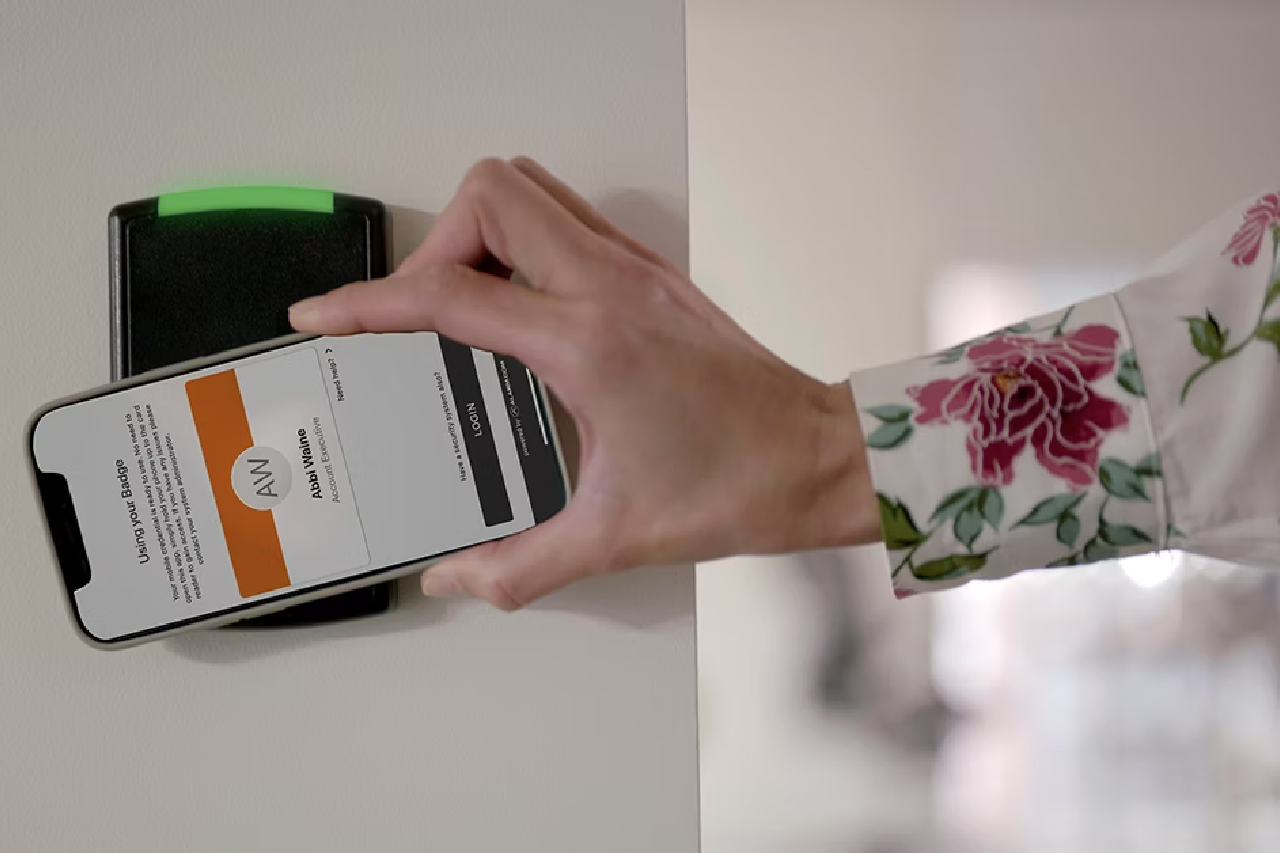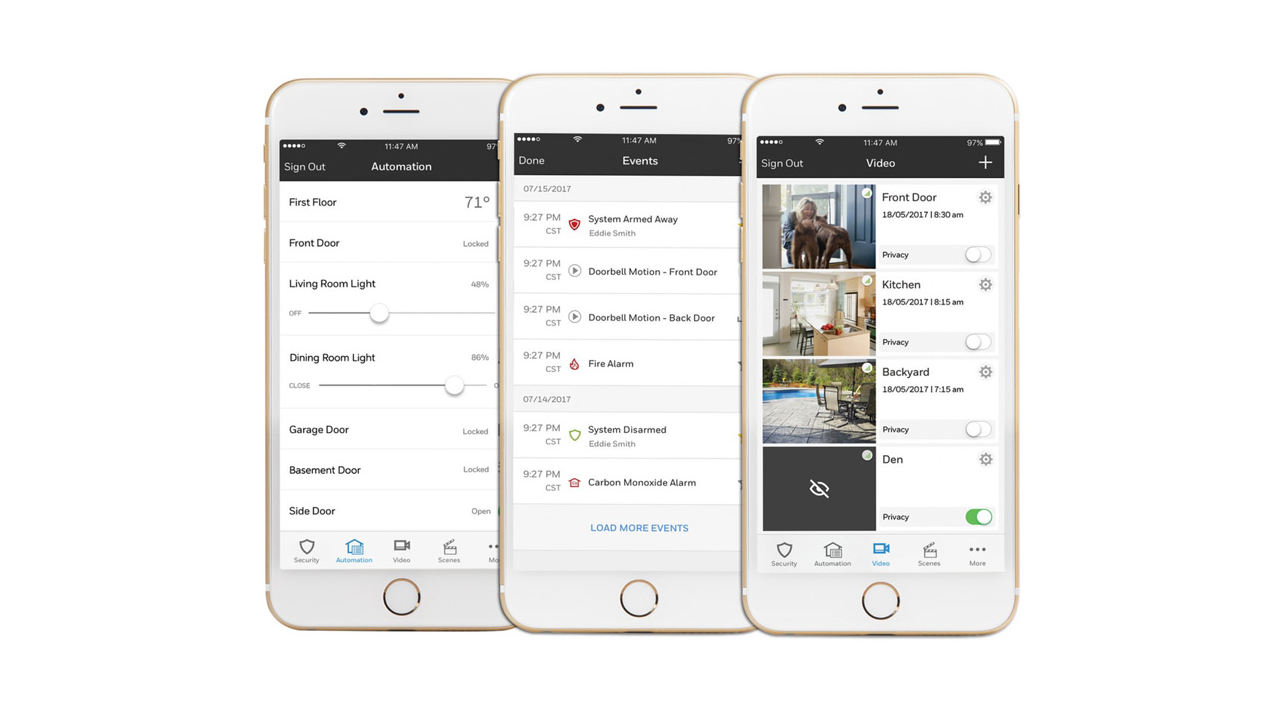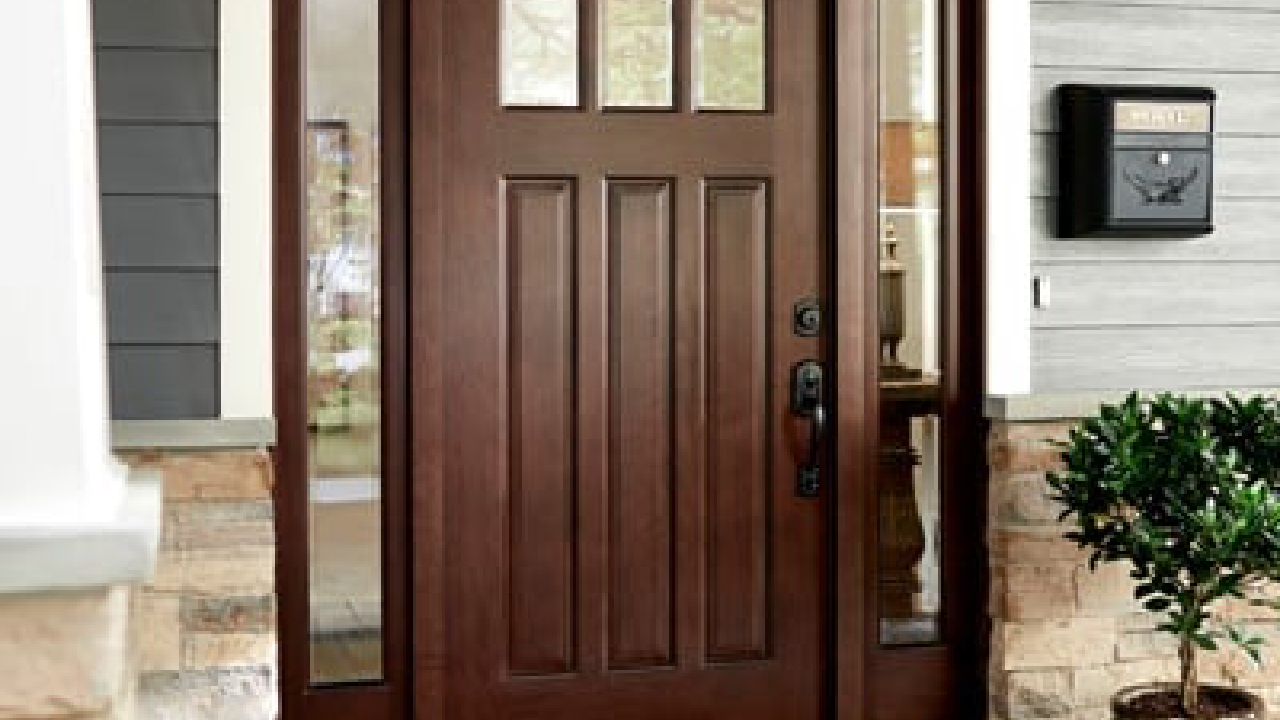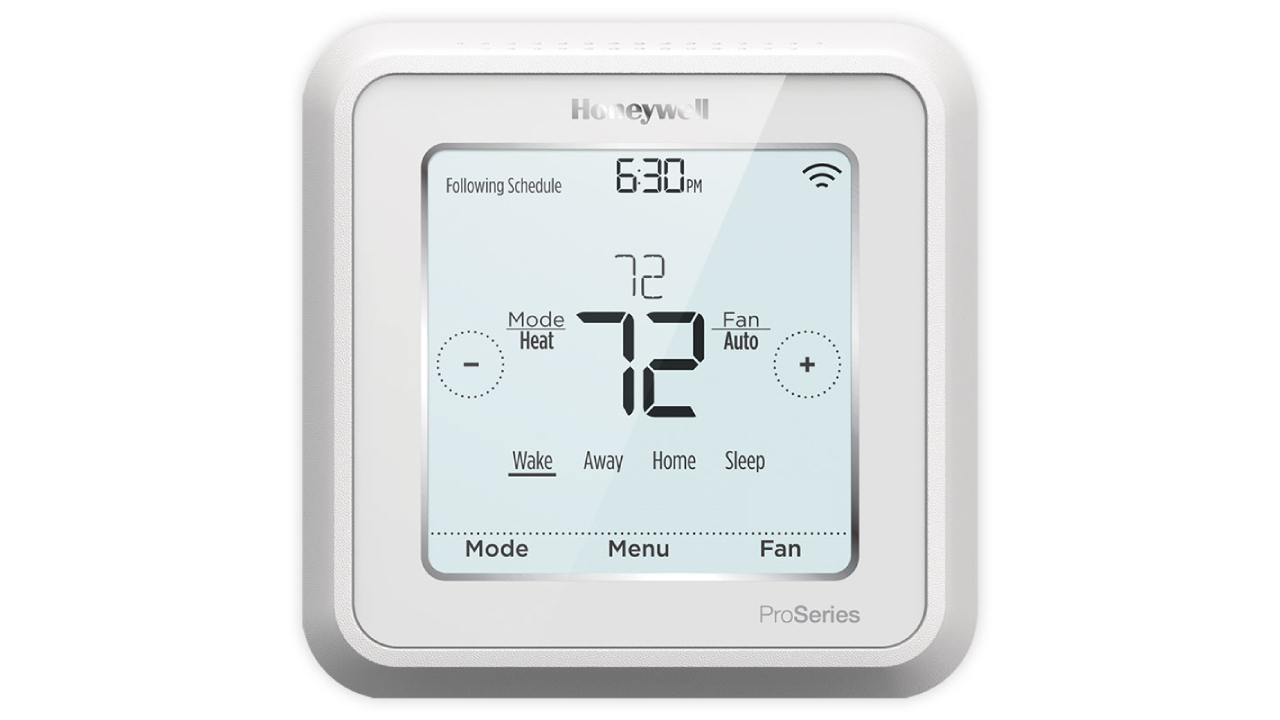Last Updated on March 4, 2022 by Alarm New England
When the weather turns frigid, you are at a high risk of pipes freezing and potentially bursting. Burst pipes are one of the most common causes of home damage in the winter months and the cost to repair both the pipes and potential water damage this can create is significant.
The good news is that you can prevent pipes from freezing by being diligent, taking protective measures and knowing the facts.
Which pipes are most vulnerable to freezing?
Some pipes in your home are more susceptible to freezing than other simply because of their location in your home. The pipes that are at the highest risk for freezing are:
- Pipes that are exposed and located in unheated areas of the home (basement, garage, etc.
- Pipes found in exterior walls
- Any pipes located on the exterior of your home
Frozen Pipe Prevention
As soon as winter approaches and temps start to drop, you should be thinking about taking measures to keep your pipes out of the danger zone for freezing. Experts suggest that the threshold to keep in mind for freezing pipes is when the temperature reaches 20 degrees Fahrenheit or below.
Here are our top prevention tips to help you beat the cold and keep the water running:
- Open the doors to your kitchen and bathroom cabinets to allow the pipes to be exposed to the warm air circulating in the room. When the cabinets remain closed, they have less of a chance of benefiting from the warm air in the rest of the room.
- Open any faucets with exposed pipes to a slow drip of cold water. Keeping water running through the pipes will help prevent them from freezing.
- Install a low-temperature sensor. When the temperature drops below a certain threshold, the low temperature sensor will notify you via your keypad, phone, email, or whatever method you have set up. Some sensors also produce an audible alarm. Install it anywhere in your home within minutes and always be in the know if your home becomes dangerously cold.
- Keep your house warm. Many people turn down their thermostats when they are sleeping or away, but it is not wise to do so in extremely cold weather. In fact, if you plan to leave your home during cold weather months, be sure your thermostat is set no lower than 55 degrees.
- The ultimate step in frozen pipe prevention is to add in insulation to the areas where pipes are prone to freezing. Ideally, this should be done before the cold weather season so you have time to ensure all the exposed pipes are covered.
What to Do in the Case of a Frozen Pipe
If, despite your best efforts, you end up with a frozen pipe, there are several steps that you can take to thaw it.
Frozen pipes need to be handled with caution, they are at a high risk for bursting and flooding your home with water. If you discover that a pipe has already broken or burst, immediately turn off the main water supply to prevent further flooding and damages.
If you have a frozen pipe, but no burst, you can do the following to alleviate the situation:
- Run water through the frozen pipe. There is usually an ice plug somewhere inside the pipe and as it starts to melt, running water through the pipe assist in the melting and break up of the ice plug.
- Apply heat to the affected pipe. There are many things you can use to apply heat to the pipe such as; a blow dryer, space heater, heating pad or there are even specialized heating tools designed for frozen pipes that you can purchase. DO NOT use any kind of heating tool that has an open flame as this is a serious fire hazard and could also melt your pipes.
Continue to run the water and apply heat to the pipe until you see that full water pressure has been restored in all of your faucets.
If you are unable to locate the source of the frozen pipe, are uncomfortable attempting to thaw it on your own or cannot access the pipe safely, be sure to call a certified plumber right away to provide professional assistance.
Unfortunately, frozen pipes in the winter are a common occurrence. Luckily, it is preventable if you take the necessary steps to prepare your home for the cold winter season.
First and foremost, if you know that your pipes are prone to freezing due to their location in your home or their lack of insulation, the best solution is to be prepared. Whether you take on the job yourself, or call a professional, the key is to do it before cold weather strikes to prevent a burst pipe.






